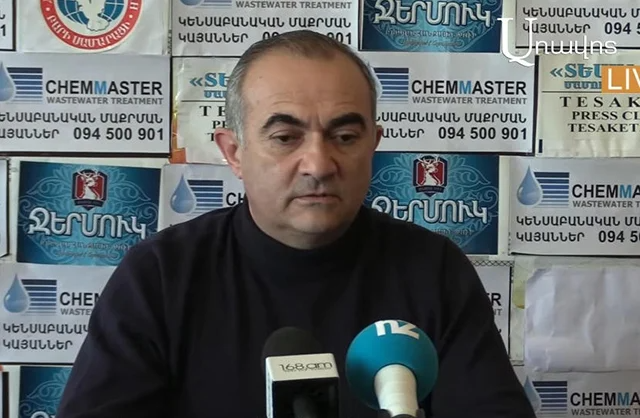The director of the International Center of Human Development, Tevan Poghosyan, returned from Artsakh with concerns, which he shared during an interview with the press.
“Unfortunately, there is a lot of uncertainty in Artsakh as far as what the future holds and the direction in which issues of security and economy in particular will develop. There are rental agreements in place for people from Hadrut and Shushi, but the money is not being transferred,” Tevan Poghosyan said.
He continued, “The answer to the most important question is missing: what does Armenia think of them? For example, events were held in Artsakh on the Artsakh movement’s ‘Day of Rebirth,’ which is celebrated on February 20th. However, only a few statements were made in Armenia that day, which raised a lot of questions regarding whether Armenia will maintain the same desire. People in Artsakh keep speaking about uniting, but here, people are half-heartedly saying, ‘Well, we’re with you.’ But nothing is being said as far as what actions are being taken. Perhaps they can’t, perhaps they don’t understand the direction they must adopt, but there is an issue that causes people to imagine. When they see that, people in Artsakh ask if Armenia has washed its hands clean of them and if they are on their own now. After seeing this, the people of Artsakh are beginning to understand that they must tie everything they have to the peacekeepers and Russia, perhaps. Therefore, we should not be surprised if we continue to see initiatives regarding the Russian language and uniting with Russia because people need to satisfy the demand for security. There are also major issues in terms of security regarding the changes made in the Defense Army. Many people are saying that changes will be made, but I don’t know what will happen or if those will be positive changes or not. It is painful to hear people in Armenia speak happily about the fact that soldiers will no longer be sent to Artsakh. But on the other hand, it is surprising to see that Artsakh is calmer and safer in comparison to Syunik’s borders and other places in Armenia.”
Ashot Hakobyan






















































